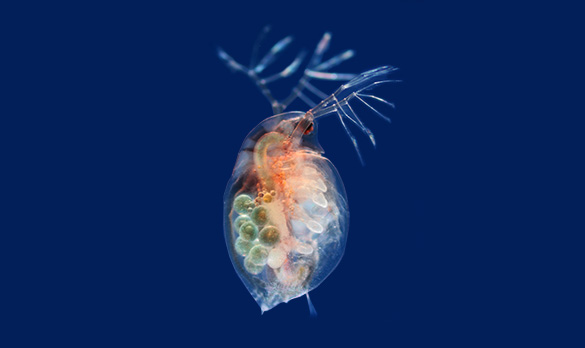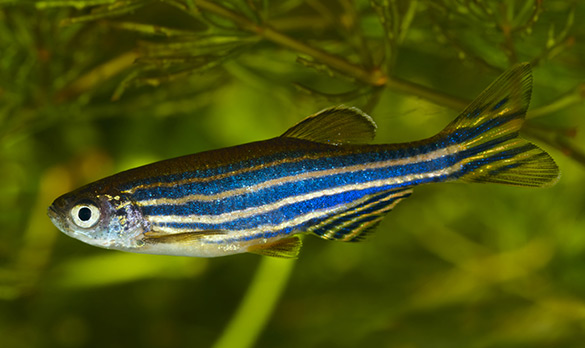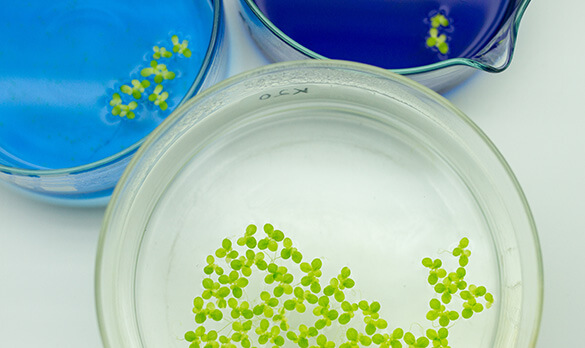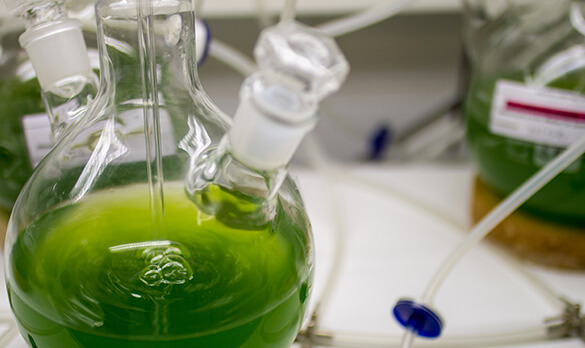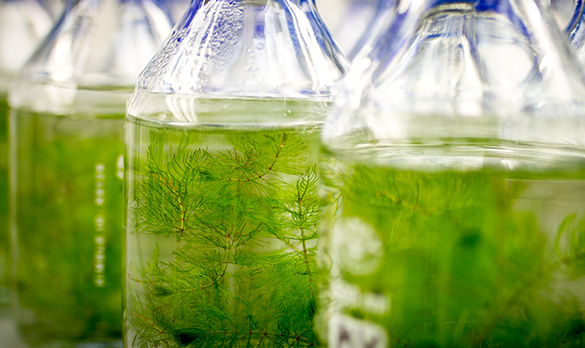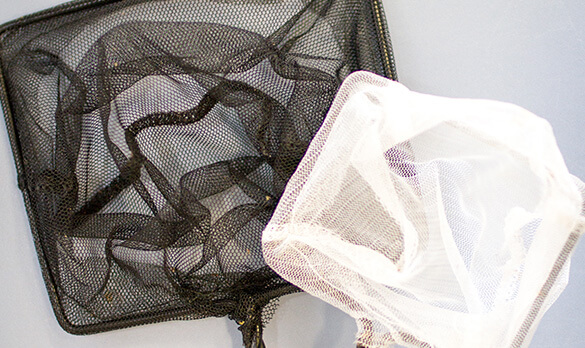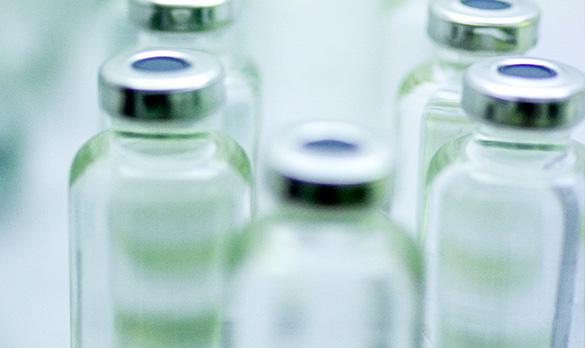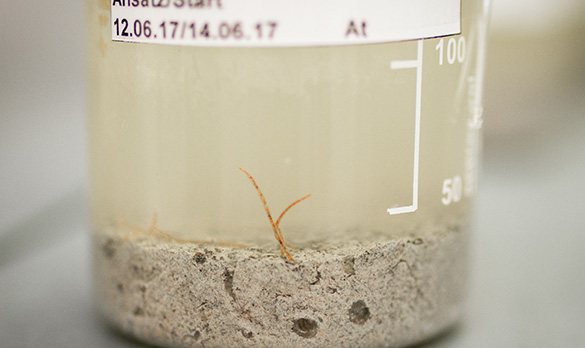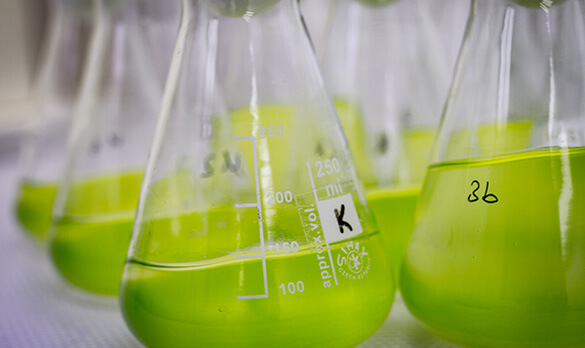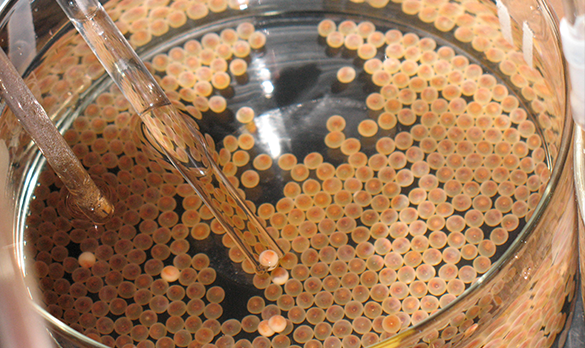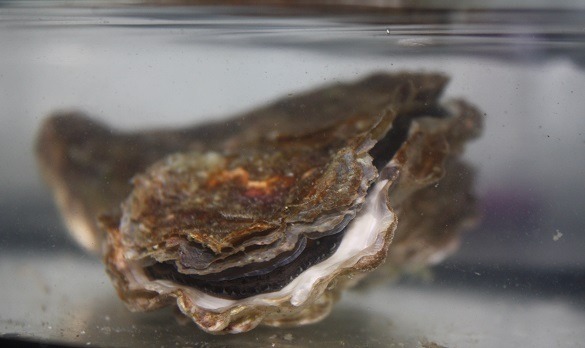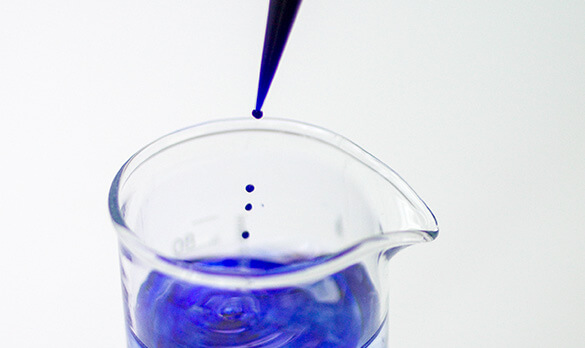Aquatic Ecotoxicity
Aquatic ecotoxicity is a crucial component of every environmental substance assessment. Not only do substances directly enter lakes and rivers, chemicals or plant protection products also wash off into groundwater or sediments. In order to assess and limit potential harm to aquatic organisms beforehand, ecotoxicity studies of different complexities are performed under the strict and comparable standard of GLP.
Basic studies are short-term studies that focus mainly on the acute effects of substances on organisms. We can perform these tests on various trophic levels: Acute tests are available for aquatic plants such as unicellular algae or Lemna, aquatic invertebrates such as Daphnia and fish. The studies are also available with a variety of marine species.
Higher tier studies focus on long-term effects of substances including reproduction, hatching and sexual development. Aquatic plants like Myriophyllum and daphnids are tested for a prolonged time to assess the reproductive output. We are especially skilled in higher tier fish tests, also with difficult substances such as unstable, volatile or poorly soluble test items. We closely cooperate with you to find the best suitable early life stage test design for your specific needs. Endocrine disrupting or hormone-like effects of chemicals affecting the sexual development can also be tested at Noack Lab.
Aquatic ecotoxicity not only refers to organisms that float freely but also to the inhabitants of aquatic sediments. The assessment of effects on sediment organisms is therefore a vital part of each substance characterization. We address this need by offering different GLP study types with organisms such as midges, oligochates, nematodes, plants and invertebrates.
An essential part of PBT assessment of substances is the bioaccumulative potential, e. g. the tendency of the substance to accumulate in an organisms. We have profound experience in performing bioaccumulation studies in fish species. For more details, please refer to the Environmental Fate section.
All studies are closely monitored with modern analytical equipment and expertise. For detailed information, please refer to Chemical Analysis. Maintaining close contact we keep you updated about your study progress anytime.
Please find more information about our services here:
General Study Portfolio
REACH Portfolio
Analytical Portfolio

 Dr. Andrea Herrmann
Dr. Andrea Herrmann